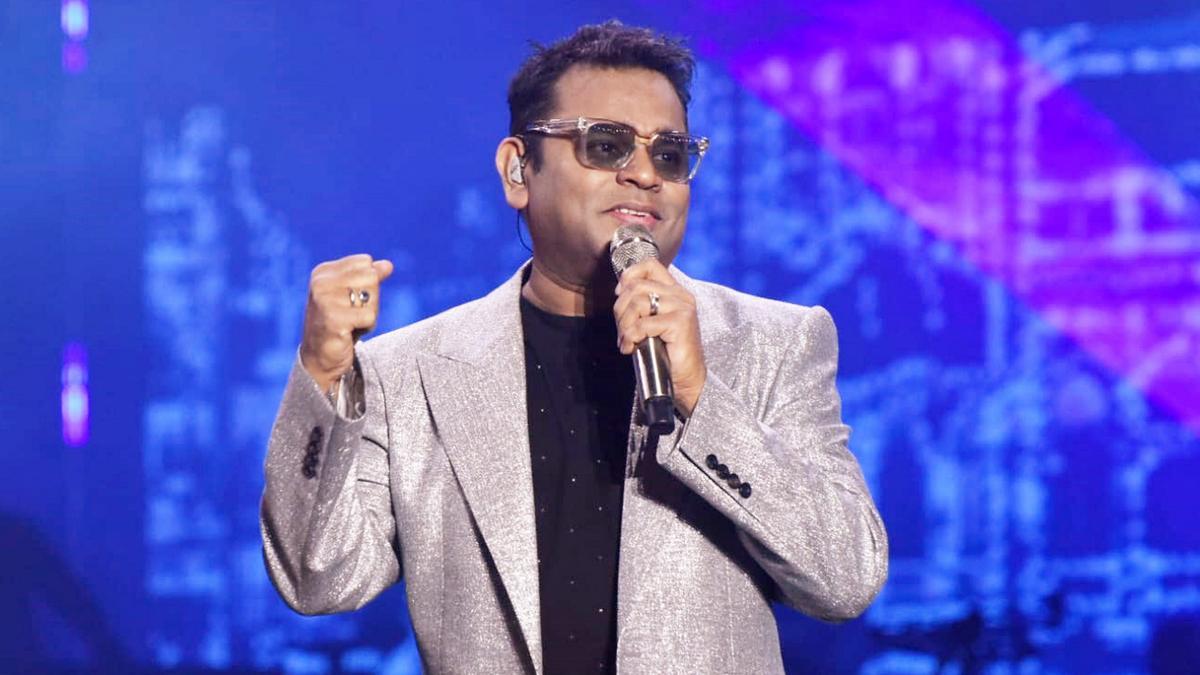
In a landscape increasingly filled with remixes and reimaginings of beloved musical classics, esteemed Indian composer AR Rahman has voiced his strong objection to the unapproved reworking of songs. Rahman, a name synonymous with innovation and originality in the Indian music scene over the past three decades, has recently expressed his concerns over his compositions being remixed without his consent, sparking a broader conversation about ethical practices in the music industry.
During a candid interview with The Week, Rahman shed light on the growing challenges artists face concerning copyright and intellectual property. Addressing the recurring practice of remixes, the Grammy and Oscar-winning maestro was unequivocal in his stance on the matter. He emphasized, “I believe in always following certain ethics. You can’t take a song from a movie and use it in another movie six years later, saying you are reimagining it. You can’t reimagine people’s work without their permission. You could post it on Instagram, but certainly not make it mainstream.”
Rahman’s words underscore a deep-seated belief in the sanctity of original compositions, which are often seen as reflections of a creator’s soul and artistic journey. The creator’s consent, Rahman implies, is not merely a formality but a fundamental right that must be preserved and respected.
The conversation also turned towards the misuse of emerging technologies in music, specifically the role of Artificial Intelligence (AI). While Rahman acknowledged the potential of AI when used ethically, he voiced concerns about its misuse threatening the livelihood of composers who might see their unique styles replicated without acknowledgment or compensation. “An even bigger evil is people misusing AI and not paying the composer even if they are borrowing his style. We need to bell this cat, because it could lead to major ethical issues.
. People could lose jobs,” he cautioned.
Rahman’s remarks reflect a broader anxiety within creative communities worldwide as AI advancements continue to blur the lines of original creation and replication. Whether in music, art, or literature, AI’s role is growing, necessitating rigorous discourse about where the ethical lines should be drawn.
He further articulated his vision for AI as a tool for societal benefit rather than a crutch for creative shortfalls. “In my opinion, AI should be used to tackle challenges that human beings procrastinate on―like (improving) the justice system, infrastructure, and education, and empowering the underprivileged,” noted Rahman in his interview with The Week. His vision sees AI as a potential force for good, addressing global issues that have consistently evaded human resolution due to procrastination and systemic inertia.
The commentary provided by Rahman shines a spotlight on the critical issue of intellectual property rights in a digital age where content can be easily copied and altered. His call for ethical consideration is not only a plea to respect the intellectual labor of composers but also an alert to the industry about the potential negative repercussions this trend can have on music’s future.
In the ever-evolving music industry, where the intersection of technology and artistry presents both opportunities and challenges, figures like Rahman emerge as essential voices advocating for a balance between innovation and respect for creative origination. As discussions around AI and digital rights advance, Rahman’s insights will likely serve as a foundational reference point for stakeholders striving to harmonize progress with principled artistry.
In conclusion, AR Rahman’s passionate appeal for ethical creativity is a clarion call that echoes beyond the realm of music alone. His insights invite artists, technologists, and policymakers alike to engage in meaningful dialogue about the future of creative rights, ensuring that as the world strides forward, it does so with integrity and respect for those who contribute so richly to the cultural tapestry. As the music industry continues to navigate these challenges, Rahman’s advocacy for ethical reimaginings reminds us all of the intrinsic value resting in the heart of every original creation.












